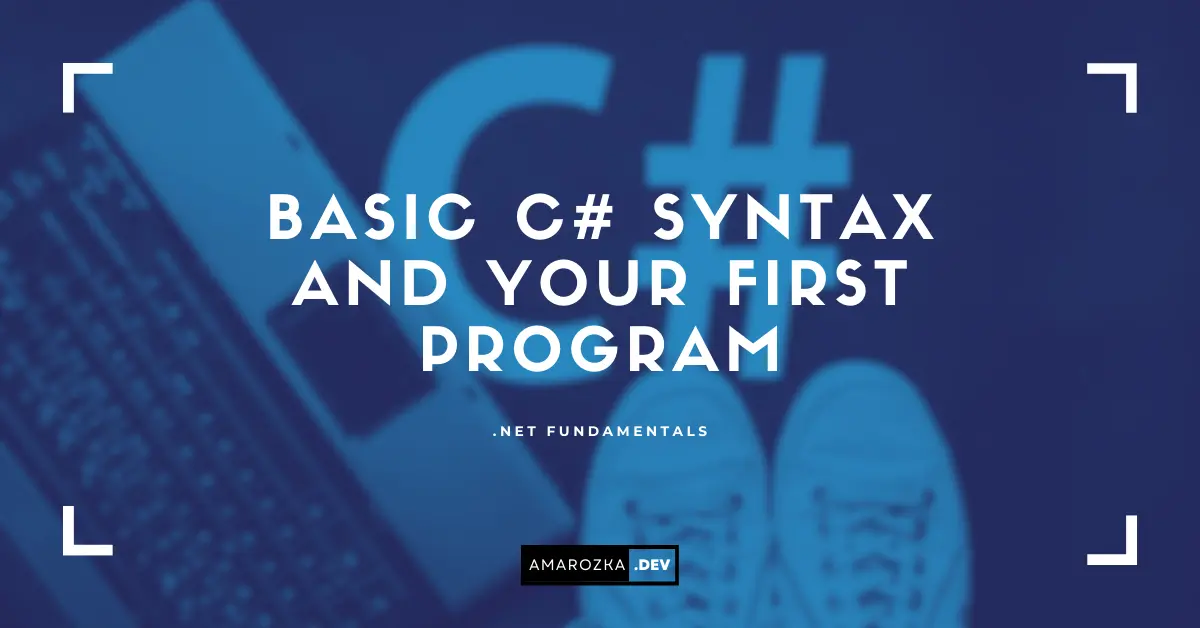Enums in C# are a powerful way to define a set of named constants that represent a specific type of values. However, there might be scenarios where you need to convert these enum values into arrays for various reasons, such as easier manipulation, storage, or serialization. In this article, we’ll explore how to convert C# enums into arrays using different techniques, along with practical examples.
Understanding Enums in C#
Before diving into the conversion process, let’s recap what enums are in C#. Enums, short for enumerations, are a user-defined type that consists of a set of named constants. Each constant within an enum is assigned an underlying integer value by default, starting from 0 and incrementing by 1. Enums are often used to define a limited range of related values, making the code more readable and maintainable.
enum DaysOfWeek
{
Sunday,
Monday,
Tuesday,
Wednesday,
Thursday,
Friday,
Saturday
}Converting Enums to Arrays
To convert C# enums into arrays, we will explore three different techniques:
Technique 1: Using `Enum.GetValues` Method
The `Enum.GetValues` method provided by the `System` namespace returns an array containing the values of the specified enum type. This technique is suitable when you need to work with the enum values themselves.
DaysOfWeek[] daysArray = (DaysOfWeek[])Enum.GetValues(typeof(DaysOfWeek));Technique 2: Using `Enum.GetNames` Method
The `Enum.GetNames` method returns an array of strings containing the names of the constants in a specified enum. This technique is useful when you primarily need the names of the enum values.
string[] dayNamesArray = Enum.GetNames(typeof(DaysOfWeek));Technique 3: Casting Enum Values to an Array
Each individual enum value can be cast to an array using a combination of the `Enum` class and LINQ. This technique is suitable when you want more control over the conversion process or need to perform additional operations on the enum values.
DaysOfWeek[] individualDaysArray = Enum.GetValues(typeof(DaysOfWeek)).Cast<DaysOfWeek>().ToArray();Examples
Example 1: Iterating Through Enum Array
Iterating through the `daysArray` using a foreach loop allows you to access and process each day of the week individually. This can be helpful for performing tasks specific to each enum value.
foreach (DaysOfWeek day in daysArray)
{
Console.WriteLine(day);
}Example 2: Using Enum Array in Switch Statements
Using the converted enum array in a switch statement enables you to categorize and handle different days of the week based on their type, such as weekdays or weekends.
DaysOfWeek selectedDay = DaysOfWeek.Wednesday;
switch (selectedDay)
{
case DaysOfWeek.Monday:
case DaysOfWeek.Tuesday:
case DaysOfWeek.Wednesday:
case DaysOfWeek.Thursday:
case DaysOfWeek.Friday:
Console.WriteLine("Weekday");
break;
case DaysOfWeek.Saturday:
case DaysOfWeek.Sunday:
Console.WriteLine("Weekend");
break;
}Example 3: Serializing Enum Names Array to JSON
Converting the `dayNamesArray` to a JSON string using the `System.Text.Json` namespace is helpful when you need to store or exchange enum names in a structured format.
using System.Text.Json;
string dayNamesJson = JsonSerializer.Serialize(dayNamesArray);
Console.WriteLine(dayNamesJson);Example 4: Enum Array Manipulation
Accessing individual elements from the `individualDaysArray` allows you to perform specific operations on enum values. In this example, we retrieve the third day of the week.
DaysOfWeek thirdDay = individualDaysArray[2];
Console.WriteLine("The third day of the week is: " + thirdDay);Conclusion
Converting C# enums into arrays provides a versatile way to work with enum values, offering benefits such as ease of manipulation, storage, and serialization. By utilizing techniques like `Enum.GetValues`, `Enum.GetNames`, and casting, developers can seamlessly transform enum types into arrays, unlocking new possibilities for their applications. The provided examples demonstrate different use cases for utilizing these converted enum arrays in practical scenarios.




